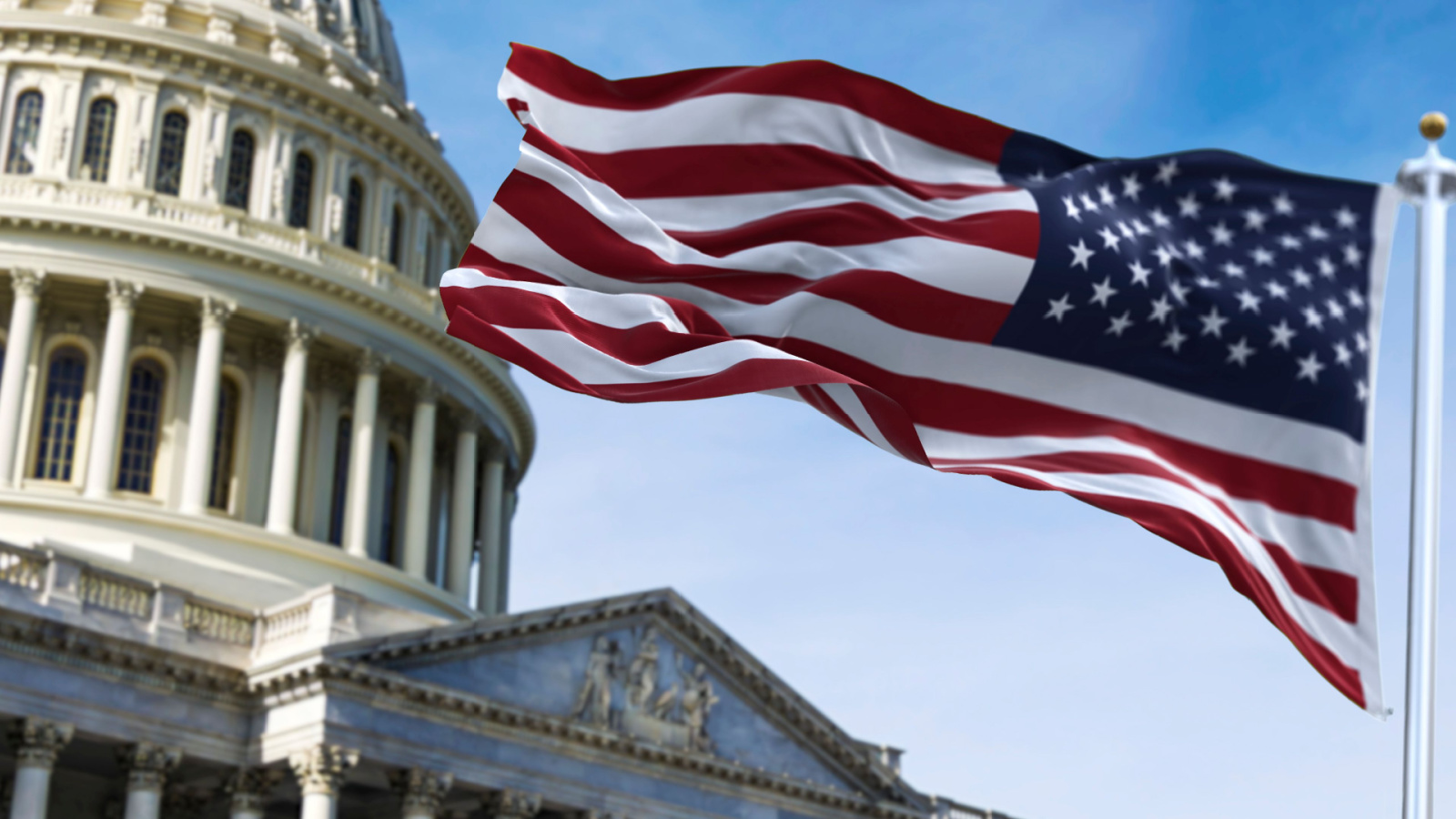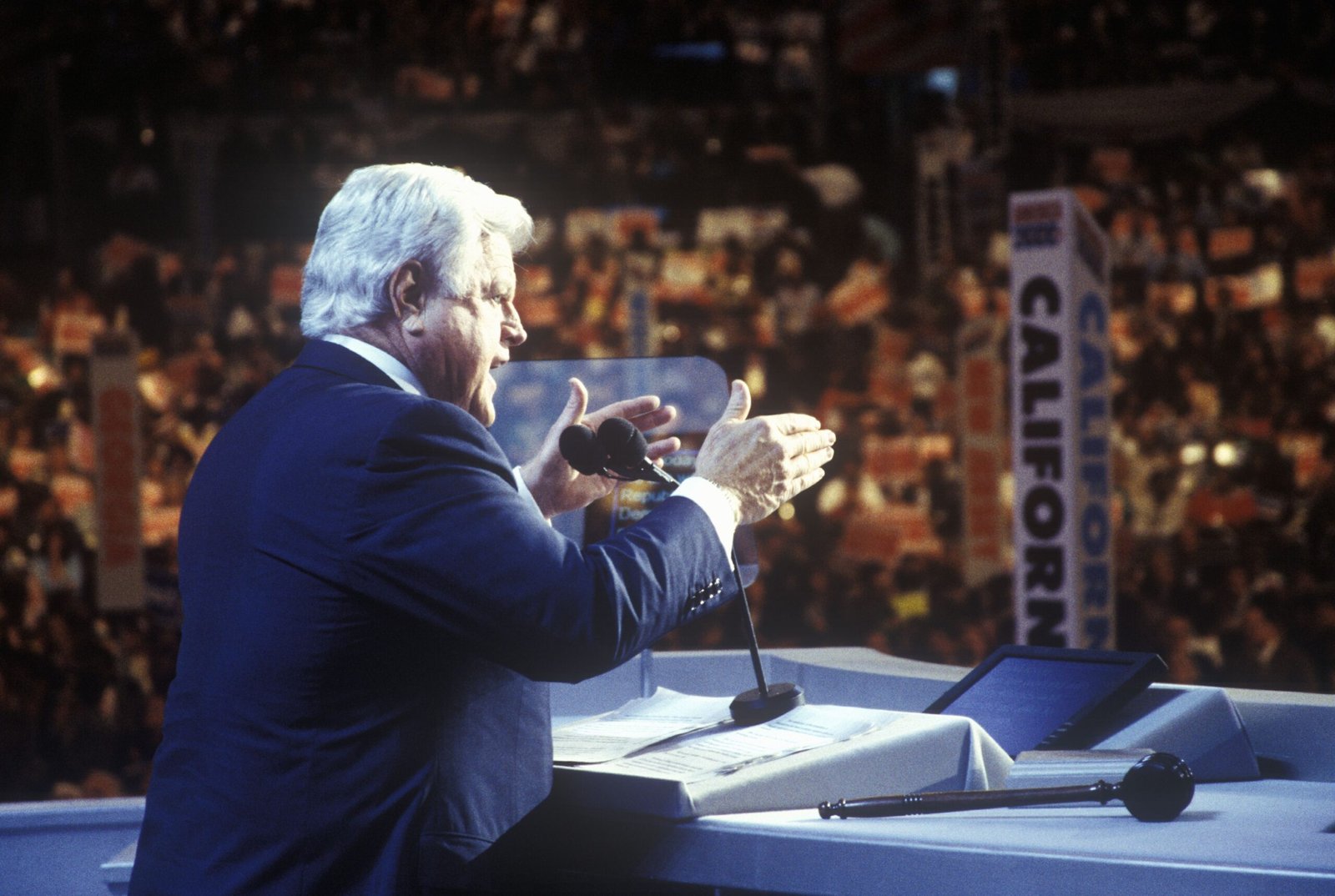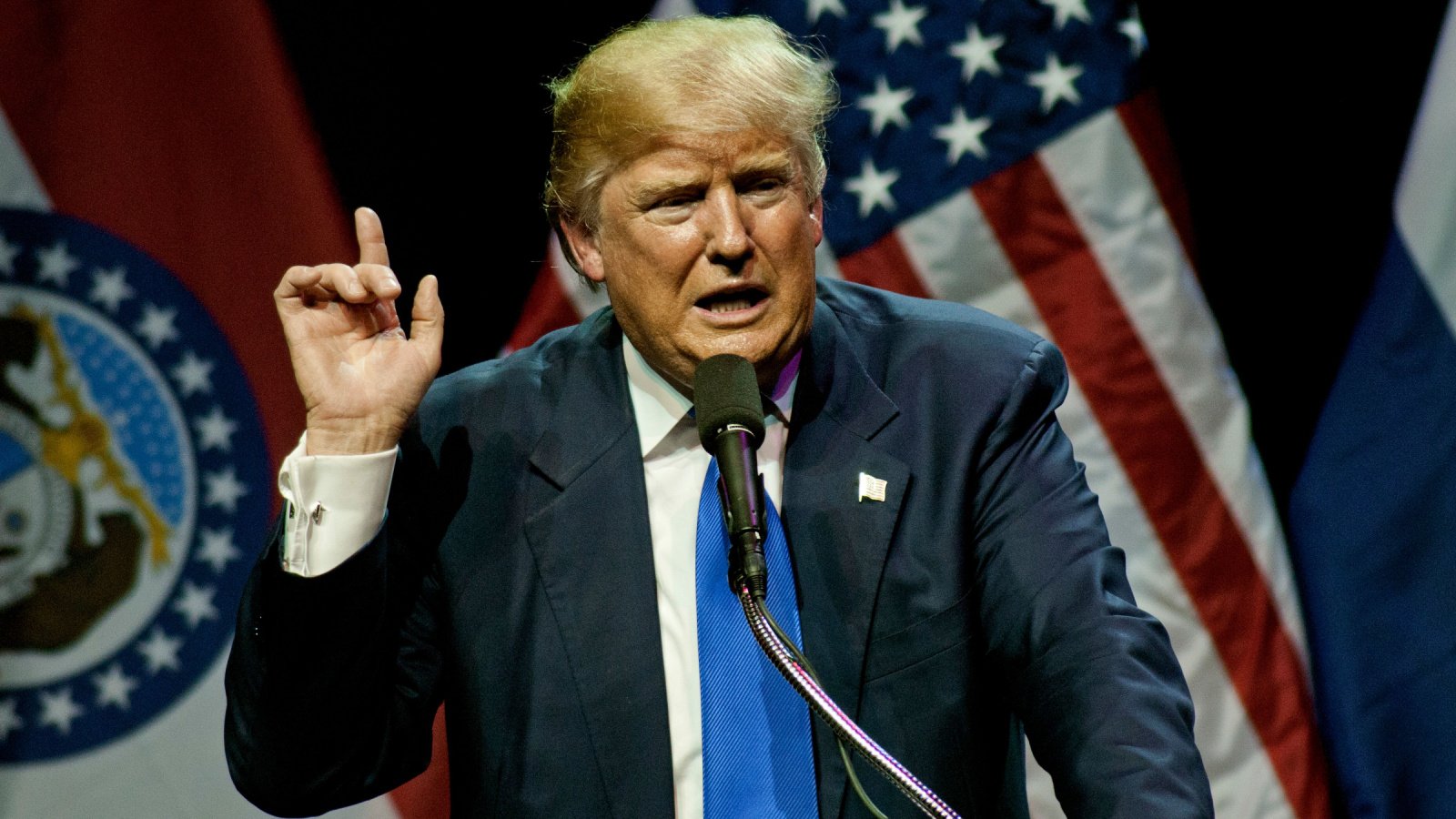In April, Oregon Democratic Governor Tina Kotek signed new legislation that reintroduces criminal penalties for possessing small quantities of drugs, marking a shift from the state’s previous decriminalization policy.
Misdemeanor Charges, Punishable By Jail

Under this new legislation, individuals caught with drugs intended for personal use could face misdemeanor charges, potentially leading to up to six months in jail.
First to Decriminalize, But Reversing Course

This move comes after Oregon’s pioneering decision in 2021 to decriminalize drug possession, a policy change that was followed by a significant increase in overdose deaths and a ranking as the state with the second-highest substance abuse disorder prevalence in the country, as revealed in a 2023 audit.
Law Emphasizes Rehabilitation

Despite the legal ramifications and sentences associated with possession, the law also emphasizes rehabilitation by pushing for the implementation of programs by law enforcement that would guide offenders toward receiving addiction and mental health support.
Importance of Collaboration Among Agencies and Representatives

Governor Kotek underscored the importance of collaboration among the judiciary, law enforcement, legal representatives, and mental health services in her letter about the law’s enactment, highlighting their critical role in realizing the law’s objectives.
Republican Minority Claims Credit for Reversal

Jeff Helfrich, the Minority Leader of the Oregon State House, remarked that the enactment of this law demonstrates the influence of his party in compelling a reassessment of criminal penalties for drug possession.
History of Decriminalizing Drugs

The history of decriminalizing drugs in the United States reflects a complex and evolving stance towards drug policy. The shift towards decriminalization has been marked by a combination of state-level initiatives and changing public perceptions about drug use, harm reduction, and the effectiveness of the War on Drugs.
Oregon Leads the Way

In November 2020, Oregon voters approved Ballot Measure 110, making Oregon the first state to decriminalize the possession of small amounts of all drugs, including heroin, methamphetamine, and cocaine. The law officially took effect in February 2021.
Individuals Receive Citation Rather than Arrest

Instead of facing arrest or jail time, individuals caught with personal-use amounts of drugs receive a civil citation akin to a traffic ticket and are offered access to addiction services funded by the state’s marijuana tax revenue.
Following Developments

Inspired by Oregon’s move, several other states began considering similar measures. While no other state has fully decriminalized all drugs to the extent of Oregon, there has been significant progress in marijuana decriminalization and legalization, with more states legalizing cannabis for medical and recreational use.
Psychedelics

Apart from broad drug decriminalization, there has been a notable trend towards the decriminalization of psychedelic substances. Cities like Denver, Oakland, Santa Cruz, and Washington, D.C., have passed resolutions that deprioritize the enforcement of laws against the possession and use of psychedelics like psilocybin mushrooms.
In 2021, California began considering state-wide legislation to decriminalize psychedelics, and similar discussions have occurred in other states.
Shift in Federal Attitude

While the federal government has not decriminalized drugs across the board, there have been significant shifts in policy and enforcement priorities. Discussions around federal marijuana decriminalization and the rescheduling of cannabis have gained traction, with various bills introduced in Congress.
Backlash and Reassessment

The move towards decriminalization has not been without its critics. Some communities and law enforcement groups have expressed concerns about potential increases in drug use and related social issues. For instance, Oregon has faced challenges with rising drug abuse and overdose deaths, leading to calls and ultimate action in April for a reassessment of its decriminalization approach.
Reforms and Adjustments

In response to the challenges faced, some states and localities have adjusted their approaches to drug policy, seeking a balance between decriminalization and public health and safety.
This includes increasing funding for addiction recovery services, expanding access to harm reduction programs, and considering the reintroduction of certain penalties for drug possession, as seen in Oregon’s 2024 legislation recriminalizing drug possession while still emphasizing treatment over incarceration.
Conclusion

Since 2021, the United States has seen a significant, though uneven, shift towards the decriminalization of drugs, reflecting a broader global re-evaluation of drug policies. This period marks a departure from the punitive approaches of the past, moving towards a model that emphasizes public health, harm reduction, and treatment.








